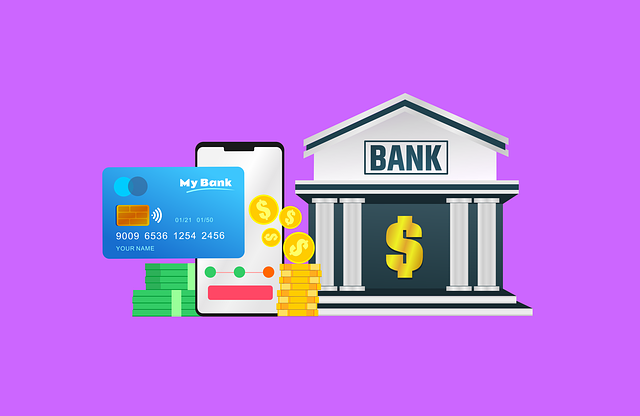Online casinos offer diverse secure payment options including debit/credit cards, e-wallets (PayPal, Neteller, Skrill), and cryptocurrencies (Bitcoin, Ethereum). Robust transaction protocols like SSL encryption, tokenization, and 3D Secure authentication protect financial data from cyber threats. Strict regulatory frameworks, AML measures, and player verification ensure safe online casino payments and ecosystem integrity.
In the dynamic realm of online gambling, ensuring secure casino payments is paramount for both operators and players. This comprehensive guide delves into the critical components of online casino payment methods, exploring best practices like implementing robust secure transaction protocols. We also scrutinize data protection strategies to safeguard player information and funds, offering insights essential in today’s digital landscape. Understanding these elements is crucial for navigating the complex world of online casino payments securely.
- Understanding Online Casino Payment Methods
- Implementing Secure Transaction Protocols
- Protecting Player Data and Funds
Understanding Online Casino Payment Methods

Online casino payments are a vital aspect of the gaming experience, offering players numerous options to fund their accounts and withdraw winnings securely. Understanding the various payment methods available is crucial for a seamless and stress-free transaction process. Each method has its advantages and may suit different player preferences, from traditional debit and credit cards to e-wallets and cryptocurrencies.
The world of online casinos provides an extensive range of secure payment options tailored to meet diverse needs. Players can choose from popular methods like Visa, Mastercard, and American Express for fast and widely accepted transactions. E-wallet services such as PayPal, Neteller, and Skrill are also favored for their convenience and added security features. Additionally, cryptocurrencies like Bitcoin and Ethereum are gaining popularity due to their anonymity and decentralized nature.
Implementing Secure Transaction Protocols

Implementing robust and secure transaction protocols is paramount for any online casino aiming to protect its players’ financial information and ensure smooth online casino payments. These protocols act as a crucial barrier against potential cyber threats, fraud, and unauthorized access. By integrating advanced encryption technologies, such as SSL (Secure Sockets Layer), casinos can encrypt data transmitted between the user’s device and the casino’s server, making it virtually impossible for hackers to decipher.
Additionally, implementing tokenization further fortifies security measures. This process replaces sensitive card details with unique tokens, rendering stolen tokens useless even if they fall into malicious hands. Moreover, 3D Secure authentication adds an extra layer of protection by verifying the cardholder’s identity during transactions, thereby minimizing fraudulent activities and ensuring secure online casino payments.
Protecting Player Data and Funds

In the realm of online casino payments, protecting player data and funds is paramount. When players choose to engage in online gambling, they trust that their financial information and personal details are secure. Casinos employ robust encryption technologies, such as SSL (Secure Sockets Layer), to safeguard transactions and prevent unauthorized access. This ensures that every deposit and withdrawal is processed securely, minimizing the risk of fraud and data breaches.
Additionally, reputable casinos adhere to strict regulatory frameworks and implement advanced anti-money laundering (AML) measures. These protocols include thorough player verification processes, regular monitoring of transaction patterns, and collaboration with external audit firms. By prioritizing the security of online casino payments, these measures not only protect players’ funds but also maintain the integrity of the entire gambling ecosystem.
Securing online casino payments is paramount for fostering a safe and reliable gaming environment. By understanding various payment methods, implementing robust transaction protocols, and prioritizing player data protection, casinos can ensure a seamless experience while safeguarding funds. These measures not only build trust among players but also position the casino as a responsible and reputable operator in the competitive world of online gambling. Effective online casino payments practices are essential to navigating this dynamic industry successfully.






